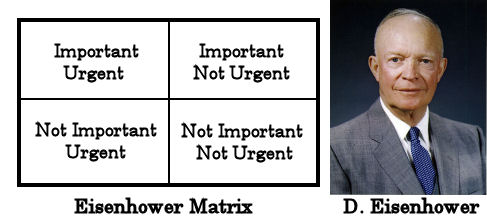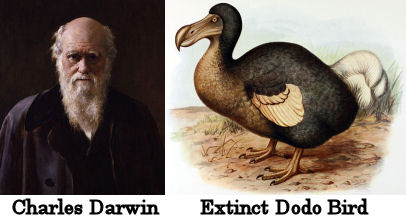Ralph Waldo Emerson? John Ruskin? Charles Kingsley? Apocryphal?
Question for Quote Investigator: Extraordinary scenes of beauty can uplift one’s spirit. The following remark is often attributed to the philosopher and essayist Ralph Waldo Emerson:
Never lose an opportunity of seeing anything that is beautiful; for beauty is God’s handwriting.
I searched in a database of Emerson’s writings and was unable to locate this quotation. The words are sometimes credited to the influential art critic John Ruskin. Would you please examine the provenance of this expression?
Reply from Quote Investigator: In 1848 a new periodical called “Politics for the People” began to publish, and it included an article about the National Gallery in London. The authorship was cloaked by the pseudonym “Parson Lot”. Ultimately, the author was identified as Charles Kingsley, a member of the clergy who later became a Professor of Modern History at the University of Cambridge.
Kingsley believed that a gallery had the potential to brighten the lives of visitors by exposing them to lovely artworks:1
Picture-galleries should be the workman’s paradise, and garden of pleasure, to which he goes to refresh his eyes and heart with beautiful shapes and sweet colouring, when they are wearied with dull bricks and mortar, and the ugly colourless things which fill the workshop and the factory.
Kingsley originated the quotation as a piece of advice to readers in this 1848 article. Boldface has been added to excerpts:
Those who live in towns should carefully remember this, for their own sakes, for their wives’ sakes, for their children’s sakes. Never lose an opportunity of seeing anything beautiful. Beauty is God’s hand-writing—a way-side sacrament; welcome it in every fair face, every fair sky, every fair flower, and thank for it Him, the fountain of all loveliness, and drink it in, simply and earnestly, with all your eyes; it is a charmed draught, a cup of blessing.
Over time this quotation has incorrectly been reassigned to other famous thinkers, e.g., Ralph Waldo Emerson and John Ruskin. These misattributions have been in circulation for more than one hundred years. Details are given further below.
Here are additional selected citations in chronological order.
Continue reading “Quote Origin: Never Lose an Opportunity of Seeing Anything Beautiful. Beauty is God’s Handwriting”
